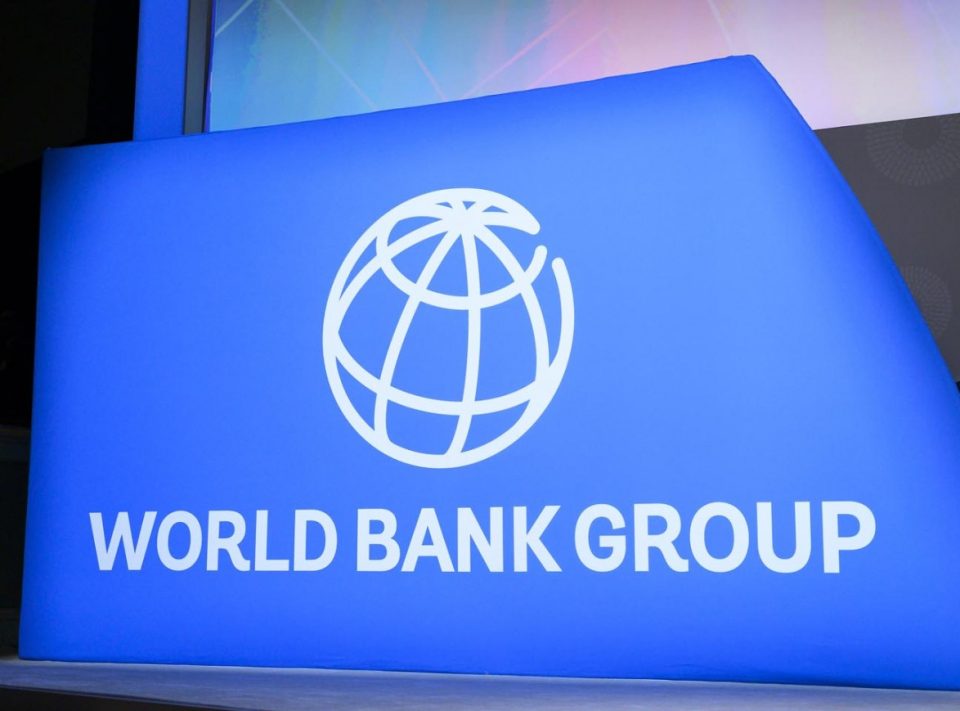The World Bank has reduced Pakistan’s economic growth rate forecast for the current fiscal year to 4.3 per cent, down about 1 per cent from last year, and said that the outgoing government’s last-ditch energy subsidies as an additional burden on the budget and threaten the International Monetary Fund (IMF) programme.
Launching its latest ‘South Asia Economic Focus Reshaping Norms: A New Way Forward’ on Wednesday, the World Bank’s Chief Economist for South Asia Region Hans Timmer said that Pakistan had earlier followed its agreement with the IMF to remove tax exemptions and raise the tax on fuels. However, the administration was forced to grant power and fuel price relief due to increasing energy prices in the country and political opposition.
- L&T Shares Trade With Nominal Losses Despite Securing Orders
- Daily vs Weekly SIP: Which Can Supercharge Your Portfolio to the Million-Mark?
- Rail Vikas Nigam Shares Take a Hit Despite Rs 165 Crore Order
- Lupin Shares Gain 1% as Unit Receives EIR Status from USFDA
- Glenmark Unit Signs Exclusive NSCLC Drug Pact with Hansoh Pharma; Shares Drop 1%
While these policies can help to limit fluctuations in domestic prices, they also impose a direct burden or hidden liability on the government’s budget, which could increase fiscal vulnerabilities going forward, Timmer said. “This comes despite monetary tightening measures that could add to the fiscal budget’s burden, jeopardise the continuing IMF programme, and limit the fiscal budget’s usage for other, more productive programmes. These subsidies were “unsustainable and ineffective” and advocated that the right prices should be charged to consumers and redistributed to poor households,” the Bank said ahead of the IMF-WB Annual Spring Meetings.
 Live
Live

